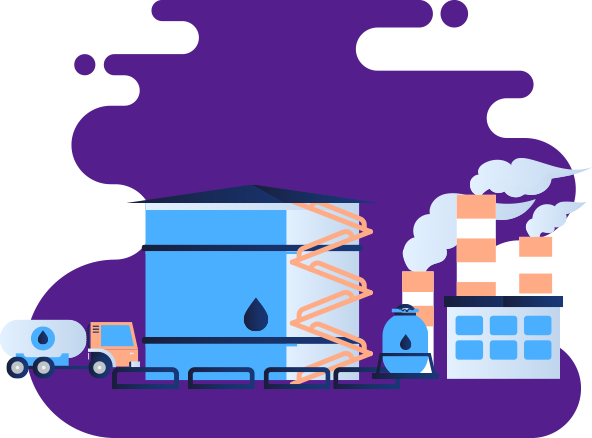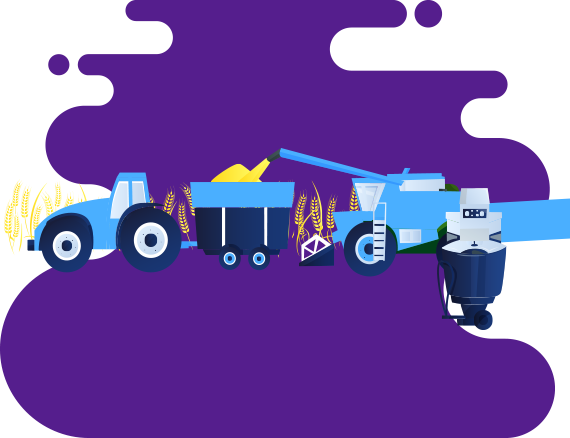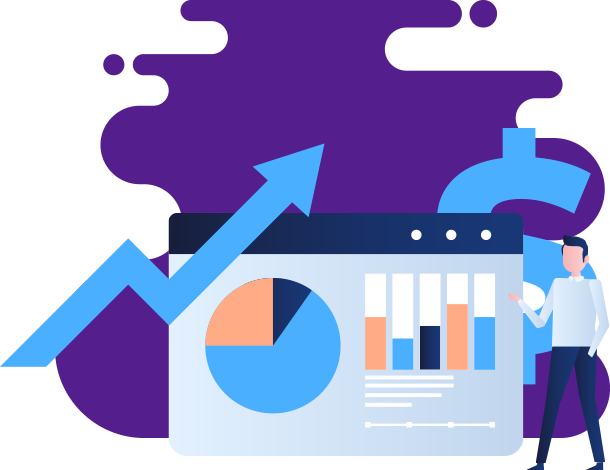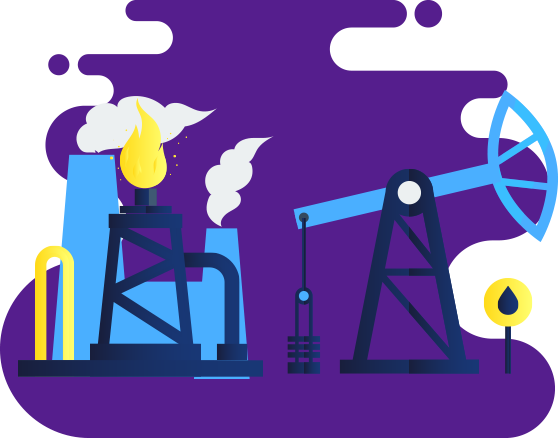education
Commodity Market Basics
What are Commodities?
Commodities are another class of assets just like stocks and bonds. However, they are different in the sense that they are products that come from the earth, which include cotton, oil, gas, corn, wheat, oranges, gold, and uranium.
Basically, commodities are the raw materials needed by large manufacturing companies in running their businesses.
Furthermore, it is believed that commodities of the same type can be interchanged for as long as they are of the same grade. For example, a company that manufactures chocolates can buy cocoa produced in Ghana, as well as in Cameroon, and still produce the same quality chocolates it’s been serving ever since.


Types of Commodities
Agricultural
Agricultural commodities are those that are produced from the soil such as coffee; corn, an important source of food for livestock and humans; sugar, a major sweetener and ingredient in ethanol fuel; soybeans, whose oil is used for making crackers, breads, cakes, and cookies; and wheat, one of the most important food crops in the world.
Energy
Energy is composed of crude oil, used in transportation activities and production of plastics; natural gas, used for electricity generation; and gasoline, which powers light-duty trucks and cars.
Metals
Metals come in gold, used in making jewelry; silver, also used for jewelry and is called the “poor man’s gold”; and copper, which offers numerous industrial uses.
How are Commodities Traded?
Most commodities are traded in their own “exchanges,” which include the New York Mercantile Exchange (NYMEX), the Chicago Mercantile Exchange, the Chicago Board of Options Exchange (CBOE), the Kansas City Board of Trade; the Minneapolis Grain Exchange, and the Chicago Board of Trade (CBOT).
Investors who wish to buy commodities may also do so directly or opt for indirect exposure through stocks, exchange-traded funds, and mutual funds.


Differentiated Products vs. Commodities
Both are traded in the commodity markets, but they differ in a few ways, as discussed below.
Commodities are interchangeable, and every kind is the same regardless of their source. It means that crude oil from one producer is the same crude oil from another producer and the goods can be combined without affecting the quality of the commodity.
Commodity prices are the same for all producers, who are also called price takers. They do not control or influence the prices as they depend on supply and demand. It means that prices can just drop or rise anytime.
Differentiated products, on the other hand, are unique products or those that are not like the generic version of the products. For example, regular gasoline is priced in the same way across all oil companies. However, if they produce high-octane gasoline and call it a different name, the product becomes better than what the competitors are selling.
Sources: www.wikipedia.org / www.corporatefinanceinstitute.com / www.businessdictionary.com / www.readyratios.com / www.moneycrashers.com



